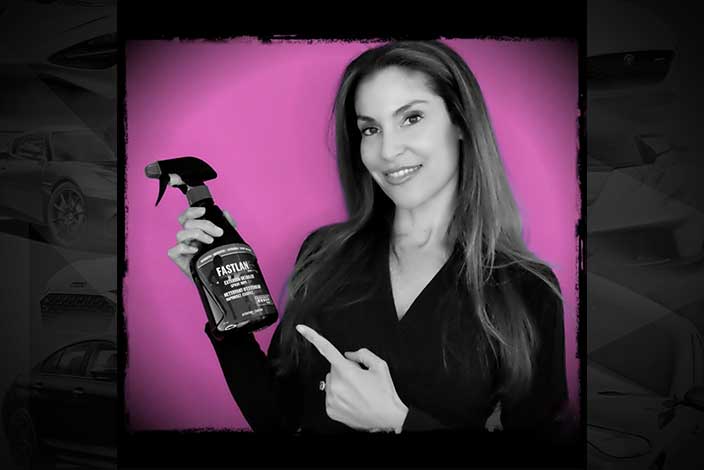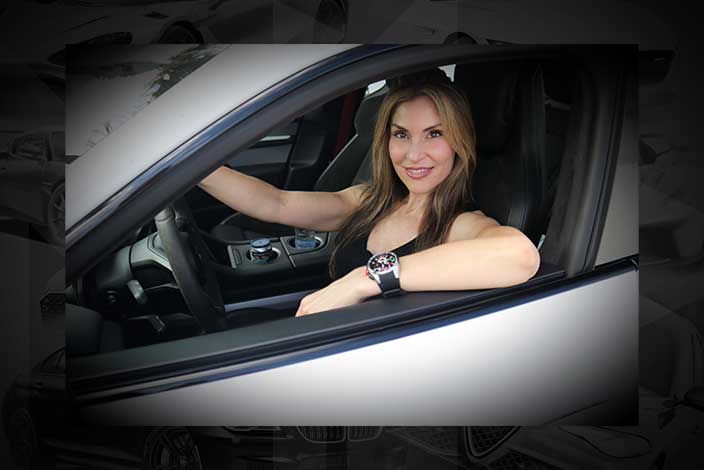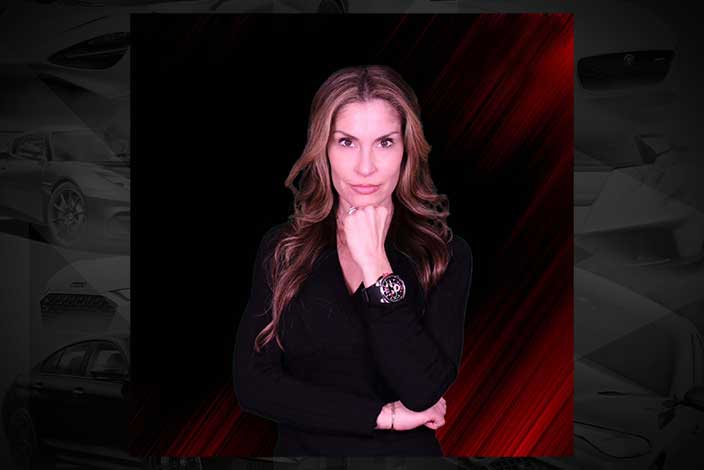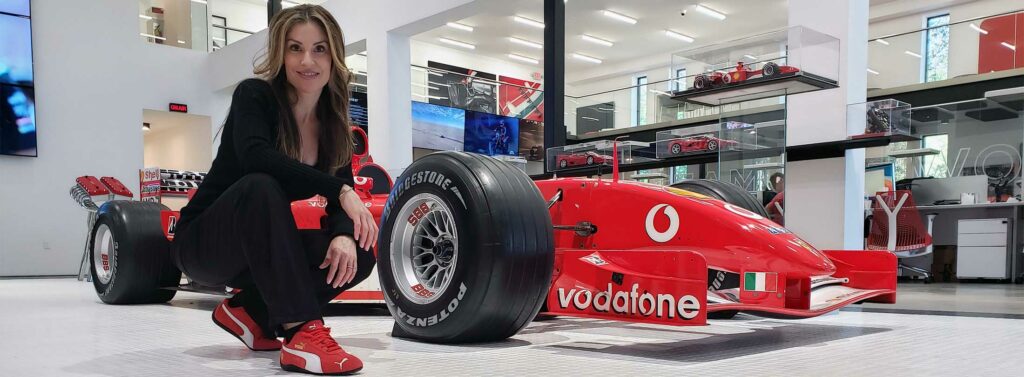Movin’ on up! Rahal Excited to Contend for Overall Wins
The Co-Owner of the BMW Works Team Sees the GTP Class Launching a Great New Era for IMSA
ZIONSVILLE, Ind. – Bobby Rahal is justifiably proud as he surveys Rahal Letterman Lanigan Racing’s brand-new race shop from his upper-level corner office. The expansive facility in the northern Indianapolis suburb houses Rahal’s IndyCar effort along with BMW M Team RLL, the German marque’s works partner, fielding a pair of BMW M Hybrid V8 prototypes in the Grand Touring Prototype (GTP) class of the 2023 IMSA WeatherTech SportsCar Championship.
The step up to the new-for-2023 top GTP category represents the culmination of Rahal’s 15-year relationship with BMW, during which his organization has orchestrated 29 poles, 21 race wins and nearly 100 podium finishes in IMSA competition.
“We just signed a long-term agreement with BMW last year, and now we actually get to do what I’ve been wanting to do for a number of years and that’s run for overall victories, not just class victories,” Rahal said. “These are sophisticated race cars that are going to be fast, they’re interesting looking, and they’re all a little bit different.
“The races are going to be pretty intense, and fans are going to respond to these cars – they look good and they sound good,” he added. “I think IMSA is about to embark on a very, very exciting time for racing and the sport.”
Though best known for his success in Indy cars, where he won three CART-sanctioned championships and the 1986 Indianapolis 500, Rahal dovetailed the most accomplished phase of his open-wheel driving career with a successful side hustle in sports cars.
In 1987, he finished fifth in the IMSA Camel GT standings despite entering only six of 16 races. He earned podium finishes in every one of those starts, including three wins in Bruce Leven’s Porsche 962.
Rahal counts his 1987 victories in the Twelve Hours of Sebring and a 500-kilometer “sprint” on a Columbus, Ohio, temporary course among his most memorable race wins.
“Winning Sebring in ’87 was very important to me because of my experiences as a teenager when my father raced there, going down there and crewing for him while watching the Porsche 917s and the 512 Ferraris and the Matras and the Ford GT40s,” he recalled. “Those were great days for me.
“Columbus was a 500-kilometer, single-driver street race, and I tell people the only car you could have done that in was a Porsche,” he added. “The 962 was one of my favorite cars, a very comfortable car to drive. You could drive that car hard for a long time.
“I really liked sports car racing and that was a pretty good time in history to drive sports cars.”
But following a big crash at Sebring in a 1985 March prototype, Rahal’s Indy car owner Jim Trueman and team manager Steve Horne increasingly discouraged him from moonlighting in sports cars. Rahal turned down the opportunity to drive for Jaguar in IMSA in 1988, when the XJR-9 prototype broke Porsche’s 11-year win streak in the Rolex 24 At Daytona.
“In ’89, I decided I would just focus on Indy car, and when I look back, I think that was a mistake,” Rahal said. ‘After saying yes to Jaguar, I had to say no. That was a tough call to make.”
Rahal’s return to sports cars would not come until 2008, at the start of the Rahal Letterman Lanigan organization’s association with BMW. By then, he had already been an IndyCar team owner for more than 15 years, but the new BMW partnership was especially timely, because RLL lost a key IndyCar sponsor at the end of 2008 that put the team’s existence in jeopardy.
“We had our first meeting in ’07, and the reason I pursued BMW was we were a one-trick pony in IndyCar,” said Rahal. “I felt it was important that we had more than one program going. When we lost the Ethanol sponsorship in IndyCar, if we didn’t have the BMW program, we would have probably shut down.
“Having both programs is very important, and it’s equally important to have a partner relationship with a company like BMW with a great tradition in motorsports,” he added. “And maybe this is our ticket to go to the 24 Hours of Le Mans, too. We’ll see.”
Like so many others, Rahal is excited about the new GTP class, which is open to prototypes built to IMSA’s LMDh specifications, as well as for the Hypercar class that competes at Le Mans and other FIA World Endurance Championship events.
“I think it’s going to be great; there’s already a lot of interest,” he said. “IMSA is amazing when you think about how many manufacturers are involved, in all the different categories of racing. I don’t think there’s a series out there that can claim the number of manufacturers that IMSA can.
“Jim France has really committed himself to sports car racing over the years and continued to build it, and now with having a car that can race not just here but internationally – and vice-versa with people coming here from Europe to race like they did back in the ‘60s and ‘70s – that’s just fantastic for racing.
“There’s no doubt that there will be ups and downs this year with these new cars and new systems,” Rahal concluded. “But you’ve got Porsche with Penske, Cadillac with Ganassi (and Action Express), BMW with us, and Honda/Acura with Wayne Taylor and Mike Shank. Lamborghini is coming in 2024. You’ve got Dallara vs. ORECA vs. Multimatic (vs. Ligier in 2024). These are the works efforts, the factory teams. Having that connection and relationship between the series and the manufacturers is going to be fantastic for IMSA in terms of promotion and marketing.”





